detail profile miriam cooper

Miriam Cooper
Marian Cooper
atau dikenal sebagai
Riwayat Hidup
From Wikipedia, the free encyclopedia
Miriam Cooper (November 7, 1891 – April 12, 1976) was a silent film actress who is best known for her work in early film including Birth of a Nation and Intolerance for D.
W.
Griffith and The Honor System and Evangeline for her husband Raoul Walsh.
She retired from acting in 1923 but was rediscovered by the film community in the 1960s, and toured colleges lecturing about silent films.
Description above from the Wikipedia article Miriam Cooper, licensed under CC-BY-SA, full list of contributors on Wikipedia.
Info Pribadi
Peran Yang Di Mainkan Miriam Cooper
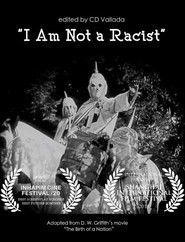 A parody of D W Griffiths...
A parody of D W Griffiths...I Am Not a Racist 2019
A parody of D. W. Griffith's "The Birth of a Nation", "I Am Not a Racist" rearranges the scenes of the classic movie and recreates its dialogues to criticize the racism in it and also in the world today. Freemenville is a little city somewhere in the USA. A city ashamed because of its past of slavery, but proud of being the first in the country to end it. There is an annual ball to celebrate this fact. And this year's ball may be the biggest ever, because of the possible presence of a big celebrity, who is coming to town to see the premiere of a play. However, the play happens to be D. W. Griffith's "The Birth of a Nation", a racist work that starts a series of events exposing the racism that still exists in the city, culminating in the recreation of the KKK.
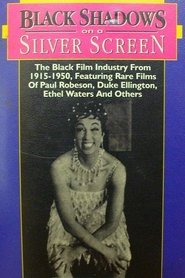 Ossie Davis narrates a history of...
Ossie Davis narrates a history of...Black Shadows on a Silver Screen 1975
Ossie Davis narrates a history of "race films," films made before 1950 which catered to a primarily black audience.
 An American pilot flying in Mexico...
An American pilot flying in Mexico...The Broken Wing 1923
An American pilot flying in Mexico crash-lands on a ranch, and is nursed back to health by the daughter of the ranch's owner. Unbeknownst to the pilot--who has lost his memory because of the crash--the girl has been praying for a husband, and believes that God has answered her prayers by sending him this handsome pilot. However, a local guerrilla leader has also had designs on the daughter, and comes up with a plan to get rid of his competition, make some money and win the girl in the bargain.
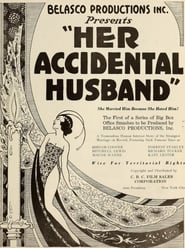 After attempting to succeed in his...
After attempting to succeed in his...Her Accidental Husband 1923
After attempting to succeed in his father-in-law’s fishing business, Gordon Gray persuades his wife, Rena, to return to his home and wealthy family. Once they arrive, she learns from Gordon's aunt, Mrs. Gray, how to become a lady.
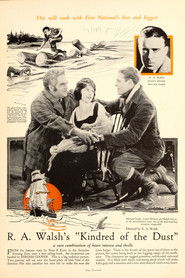 Discovering that her husband is a...
Discovering that her husband is a...Kindred of the Dust 1922
Discovering that her husband is a bigamist, Nan returns with her child to her Puget Sound logging town. She is treated as an outcast by all save Donald, her childhood sweetheart, the son of a millionaire....
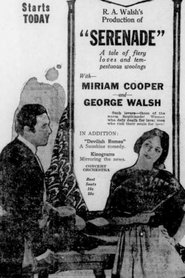 In the Spanish town of Magdalena...
In the Spanish town of Magdalena...Serenade 1921
In the Spanish town of Magdalena live María and her sweetheart, Pancho, son of the governor. When the town is captured by brigands led by Ramírez, the governor is deposed, and Don Domingo Maticas is appointed in his place. Ramón, son of the new governor, becomes infatuated with María. She repulses him, but he is encouraged by her mother.
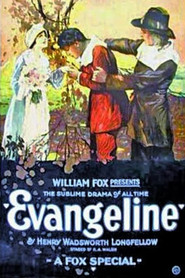 In the Canadian province of Acadia...
In the Canadian province of Acadia...Evangeline 1919
In the Canadian province of Acadia, young Evangeline is betrothed to Gabriel. But before their wedding can take place, the British imprison the men and send them into exile with their lands forfeit to the Crown Evangeline follows the exiled men in hopes of finding her beloved, but even after he and the other Acadians are released in Louisiana, she cannot find him, always arriving at some locale just after he has departed. But she dedicates her life to searching the continent for the man she loves.
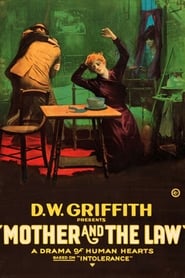 After the relatively low box office...
After the relatively low box office...The Mother and the Law 1919
After the relatively low box office takings of 'Intolerance', D. W. Griffith would revisit his epic film three years later by releasing two of the film's interlocking stories as standalone features, with some new additional footage. The second of these was 'The Mother and the Law', which demonstrates how crime, moral puritanism, and conflicts between ruthless capitalists and striking workers help ruin the lives of marginal Americans.
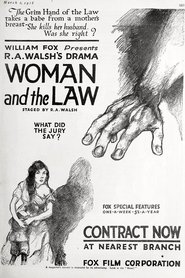 Jack La Salle marries South American...
Jack La Salle marries South American...The Woman and the Law 1918
Jack La Salle marries South American heiress Blanquetta Del Castillo, and the two settle into a happy life in New York City. Following the birth of their son, Jack, Jr., however, Jack becomes involved in an affair with the notorious Josie Sabel and thereafter ignores his wife. Outraged upon learning that Jack has taken their son to Josie's apartment, Blanquetta files for divorce, the court finally ruling that the boy must live with each parent for a portion of the year. As the time of little Jack's departure from his father approaches, Jack, Sr. declares that he will never return the boy to his mother, whereupon the tortured Blanquetta shoots and kills her faithless husband.
 Two families abolitionist Northerners the Stonemans...
Two families abolitionist Northerners the Stonemans...The Birth of a Nation 1915
Two families, abolitionist Northerners the Stonemans and Southern landowners the Camerons, intertwine. When Confederate colonel Ben Cameron is captured in battle, nurse Elsie Stoneman petitions for his pardon. In Reconstruction-era South Carolina, Cameron founds the Ku Klux Klan, battling Elsie's congressman father and his African-American protégé, Silas Lynch.
 John Howard Payne leaves home and...
John Howard Payne leaves home and...Home, Sweet Home 1914
John Howard Payne leaves home and begins a career in the theater. Despite encouragement from his mother and his sweetheart, Payne begins to lead a life of dissolute habits, and this soon leads to ruin and misery. In deep despair, he thinks of better days, and writes a song that later provides inspiration to several others in their own times of need.
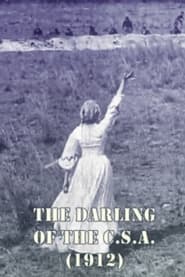 Anna Q Nilsson is the title...
Anna Q Nilsson is the title...The Darling of the CSA 1912
Anna Q. Nilsson is the title character, Agnes Lane, a daring spy for the South during the Civil War. She delivers an important message regarding an attack on a Yankee fort, then infiltrates the fort and turns herself in, only to change into a Union soldier’s clothes and escape with more confidential information. The Confederate soldiers love her, and treat her with respect, despite her un-ladylike profession. During the attack, morale appears to flag, but she sneaks out a message that she has been captured by the Yankees and is due to be executed, urging the boys to greater heroism. As they capture the fort, she again infiltrates and pretends to be grateful to her “rescuers.”
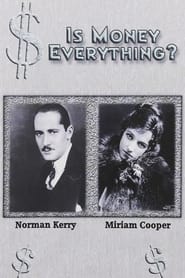 A farmer unhappy with his life...
A farmer unhappy with his life...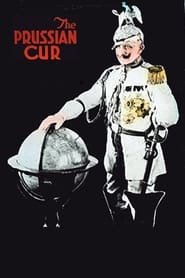 A German spy who is married...
A German spy who is married... A potentially lost film this film...
A potentially lost film this film... The story of a poor young...
The story of a poor young...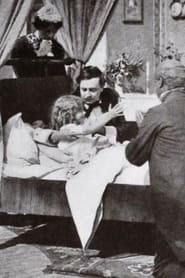 Uncle Tom and Elizas child are...
Uncle Tom and Elizas child are...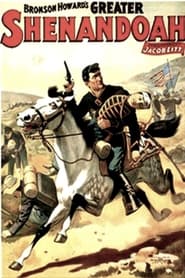 Bronson Howards Great Civil War Story...
Bronson Howards Great Civil War Story...